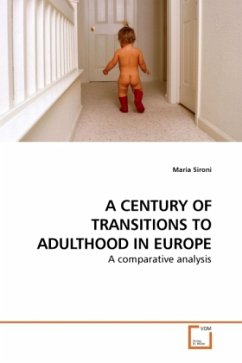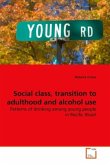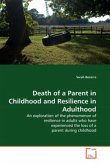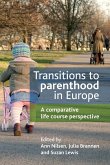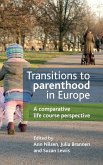This work aims to explore how the process of the transition to adulthood has changed during the 20th century in Europe. Through data collected in the European Social Survey, individuals born between 1926 and 1985 in 23 European countries are analyzed: the median age at which major events of the transition take place and the order in which they occur are taken into account. The comparative perspective enables acknowledge recent trends in life course trajectories and to understand to which extent the transition takes a longer time to occur for recent birth cohorts and if patterns are standardized or an individualization process is at work. Moreover, this study examines how macro-contexts influence the organization of the life course, in particular which is the impact of housing market conditions and gender disparities on the decision to leave the parental home before starting a union, and if they may explain some of the differences in transition trends across countries. This is done using a multilevel model to answer the question on how much of the variability in individuals decisions is attributable to country level factors and how much to individual level factors.
